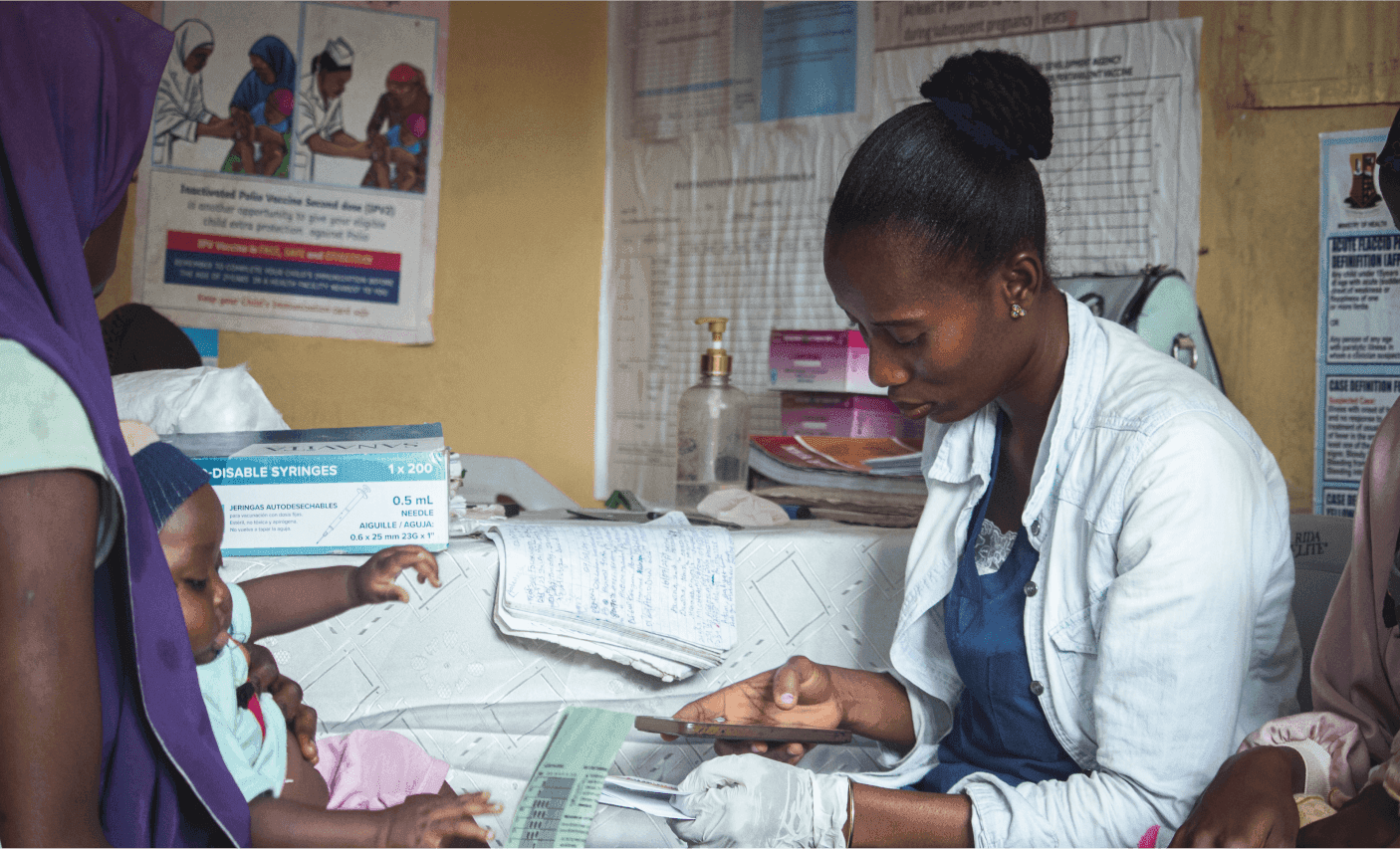The impact of strengthened ward development committees on utilisation of reproductive maternal and child health services in Bayelsa State, Nigeria
Maternal and Child Health (MCH) conditions continue to be a major public health concern in low and middle-income countries (LMICs), which account for 94% of maternal deaths worldwide. Despite documented successes from government interventions at all levels, maternal and child mortality remains high in Nigeria. The purpose of this study is to assess the impact of strengthened Ward Development Committees (WDCs) on the use of reproductive and maternal and child health services in a specific local government area (LGA) in Bayelsa State, Nigeria.
A quasi-experimental study design without a control group was used, with data collected at the baseline, midline and endline using a pre-posttest questionnaire. This was collected to determine the outcome of the impact of strengthened WDC in Bayelsa State's Kolokuma/Opokuma LGA. Existing WDCs were strengthened by providing funding, Reproductive, Maternal, Newborn, Child, Adolescent Health and Nutrition (RMNCH + N) commodities, outreach, human resource support, and technical assistance. Caregivers of children between the ages of 0 and 59 months were randomly selected to participate in the study. The Cochrane and Friedman test were used to analyse changes over time in key indicators, with statistical significance set at P < 0.05, while logistic regression was used to examine the influence of socio-demographic factors on maternal health service utilisation.

Subscribe To Our Newsletters
Stay Updated with the Latest News and Events - Directly in Your Inbox!